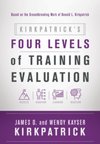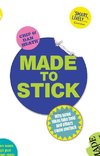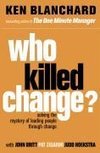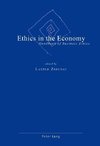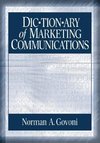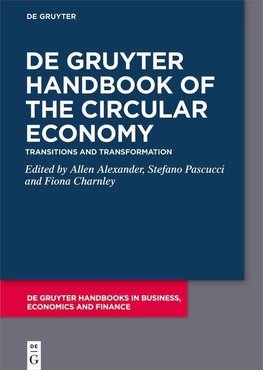
-
 Anglický jazyk
Anglický jazyk
Handbook of the Circular Economy
Autor: Allen Alexander
The Handbook of the Circular Economy provides critical definitions, the mapping of key theoretical and practical dimensions and the development of a landscape map that sets out the main tools and initiatives being developed as part of either... Viac o knihe
1 kus - skladom u vydavateľa Posielame do 7-10 dní
130.46 €
bežná cena: 144.95 €
O knihe
The Handbook of the Circular Economy provides critical definitions, the mapping of key theoretical and practical dimensions and the development of a landscape map that sets out the main tools and initiatives being developed as part of either a transition or a transformative state. It also provides a narrative that brings forward contributions from the fields of sustainability, eco-innovations, responsible innovations and others. The aim of this handbook is to become the researchers' study almanac for the emerging theme of Circular Economy.
The Circular Economy has gained traction in both the commercial and academic marketplaces as an alternative economic model to the current take-make-dispose, 'Linear Economy'. Aligning a range of contributory philosophies [for example - the Production Economy (Walter Stahel), the Blue Economy (Gunter Pauli), Space-ship Earth (Boulding)] the Circular Economy makes provision for a transformative economic model that enables mankind to operate within Earth's planetary boundaries, by adopting strategies for avoiding waste and harnessing renewable technologies.
Design for reuse (with a Cradle-to-Cradle and not Cradle-to-Grave approach), remanufacturing and closed loop reuse and recycling systems, coupled with revised business models that enable the retention of products and services at their highest levels of value for the longest time, set the Circular Economy up as a more than merely a new form of sustainability. With a key focus on using only renewable resources, many of the new Innovations coming forward also aim to be regenerative to Earth systems and natural resources (the oceans, the climate and other sources of natural capital).
Led by key work from the Ellen MacArthur Foundation (EMF), supported by economic analysis prepared by McKinsey, the field is gaining momentum rapidly. Many new themes are emerging such as circular innovations, circular business models, supply-chain effectiveness (not merely efficiency) and resource-reuse and waste-loop reductions. All economic sectors are included, with particular impetus in mobility (long-term transport systems), mining and mineral extraction, construction, chemical processing, food and biological systems processing, fashion and textiles, the list is growing day-by-day.
What the field lacks however are aggregated, critical definitions, the mapping of the key theoretical and practical dimensions and the development of a landscape map that sets out the main tools and initiatives being developed as part of either a transition or a transformative state. A narrative that also brings forward the contributions from the fields of sustainability, eco-innovations, responsible innovations and others and sets these into the Circular Economy context is also essential for the Circular Economy to consolidate and thus be able to move forwards.
- Vydavateľstvo: De Gruyter
- Rok vydania: 2024
- Formát: Hardback
- Rozmer: 246 x 175 mm
- Jazyk: Anglický jazyk
- ISBN: 9783110723229


